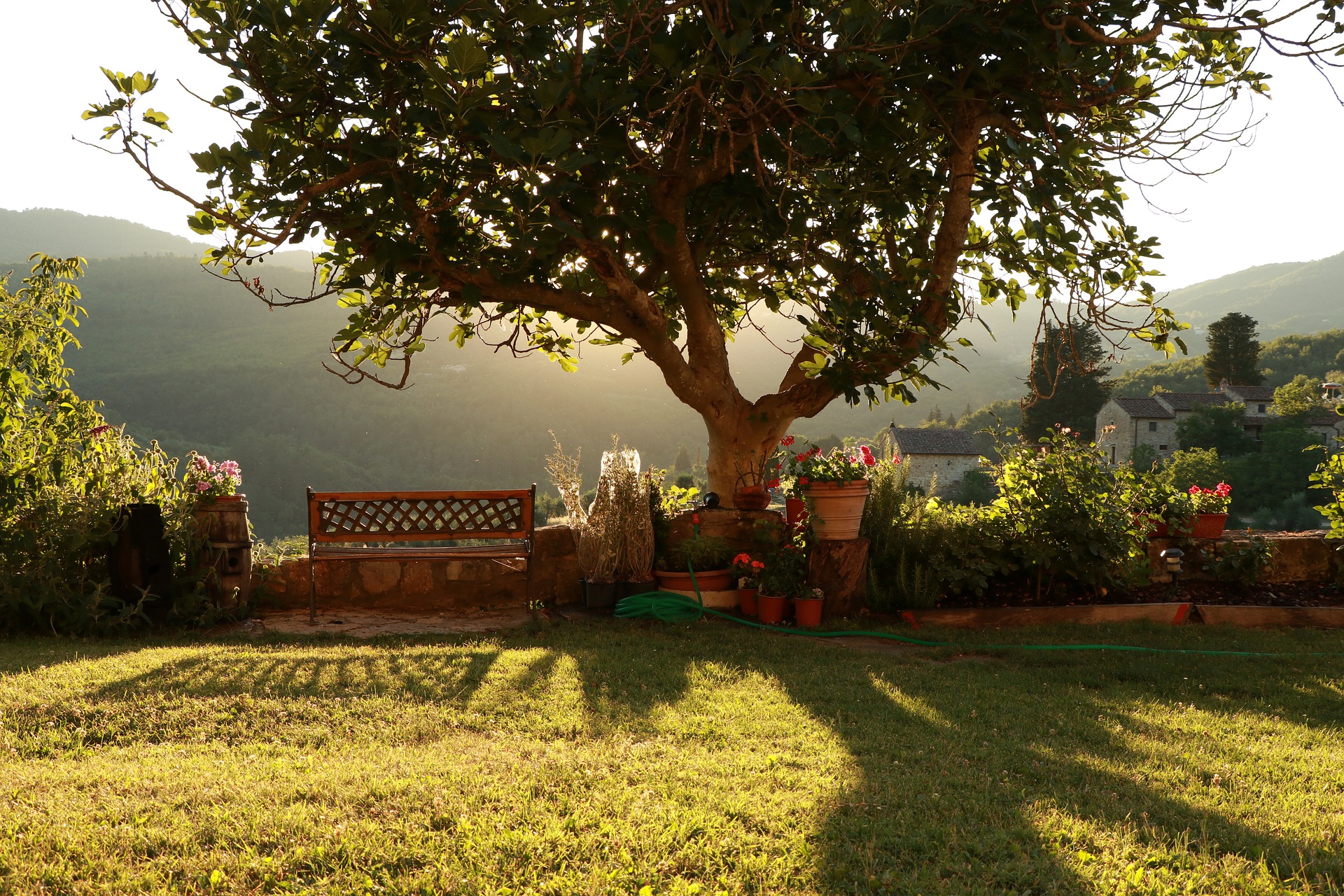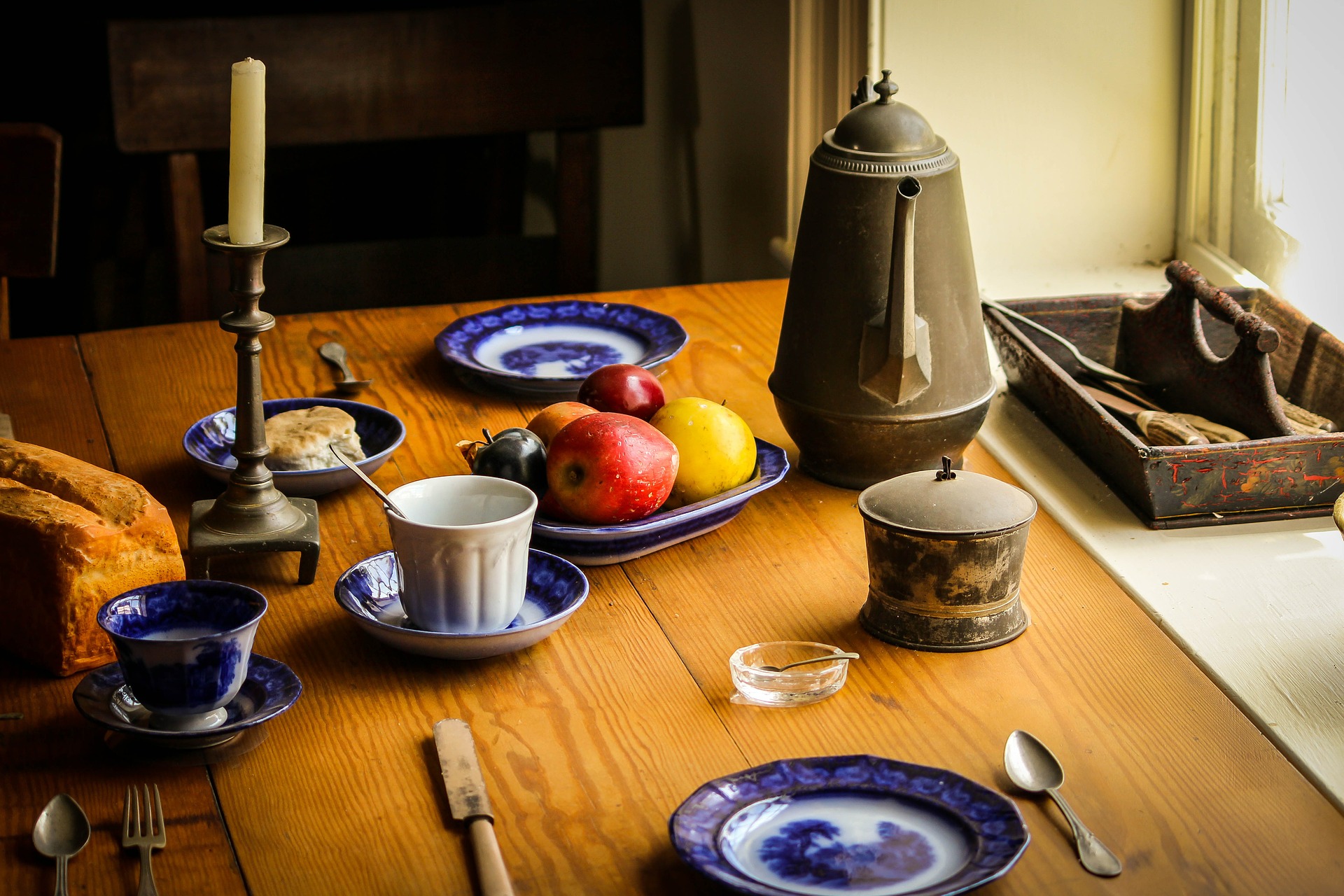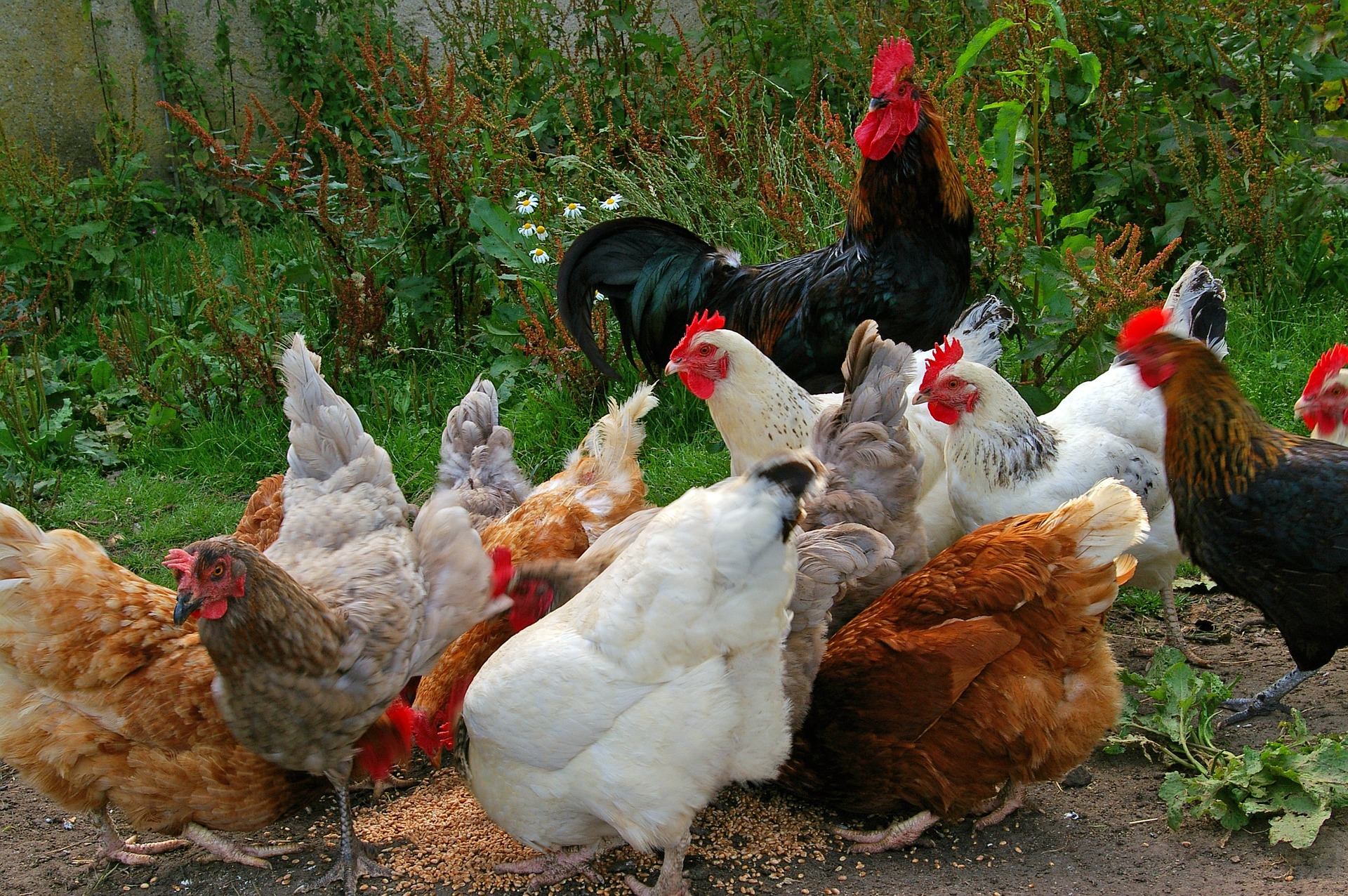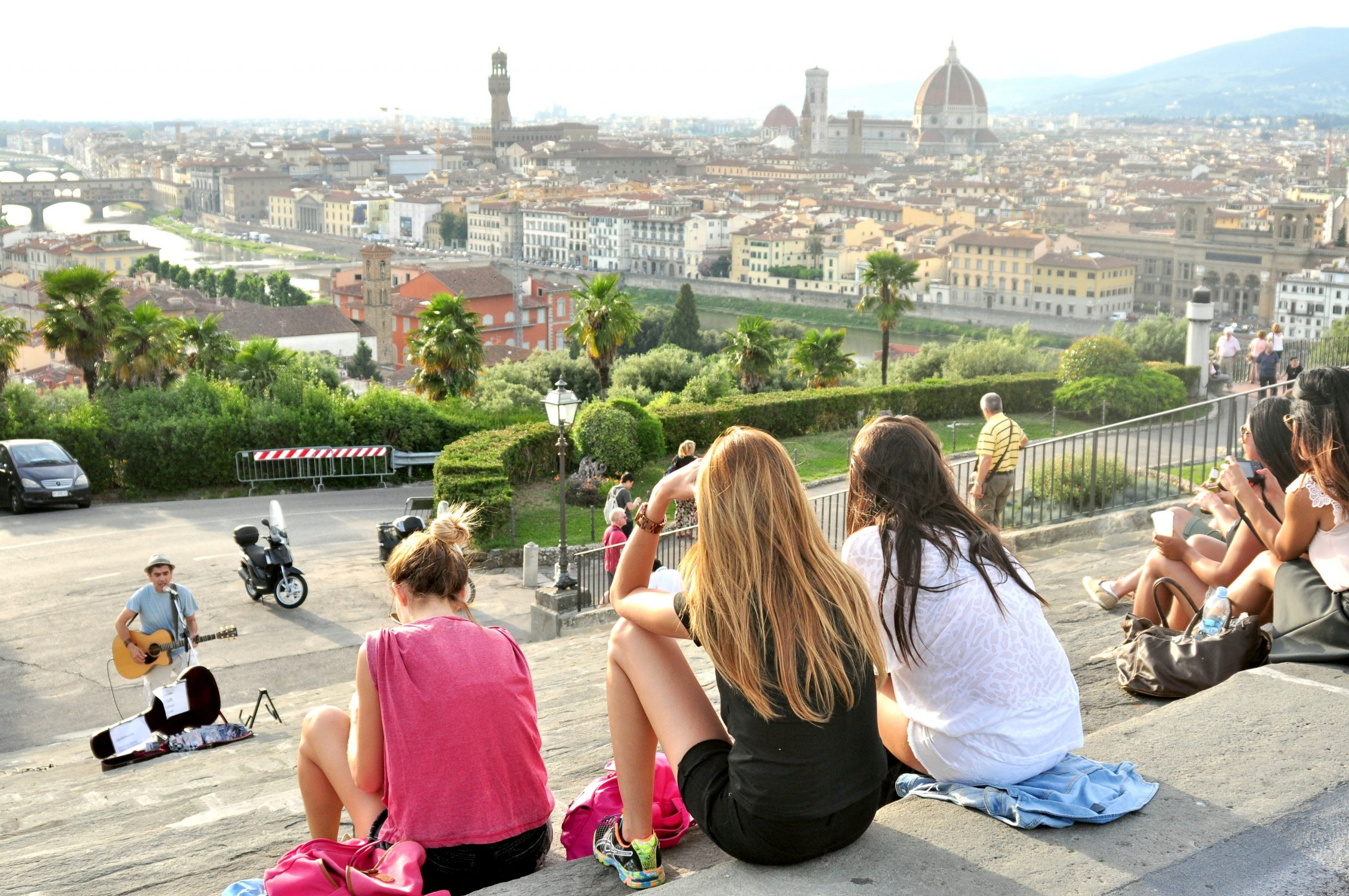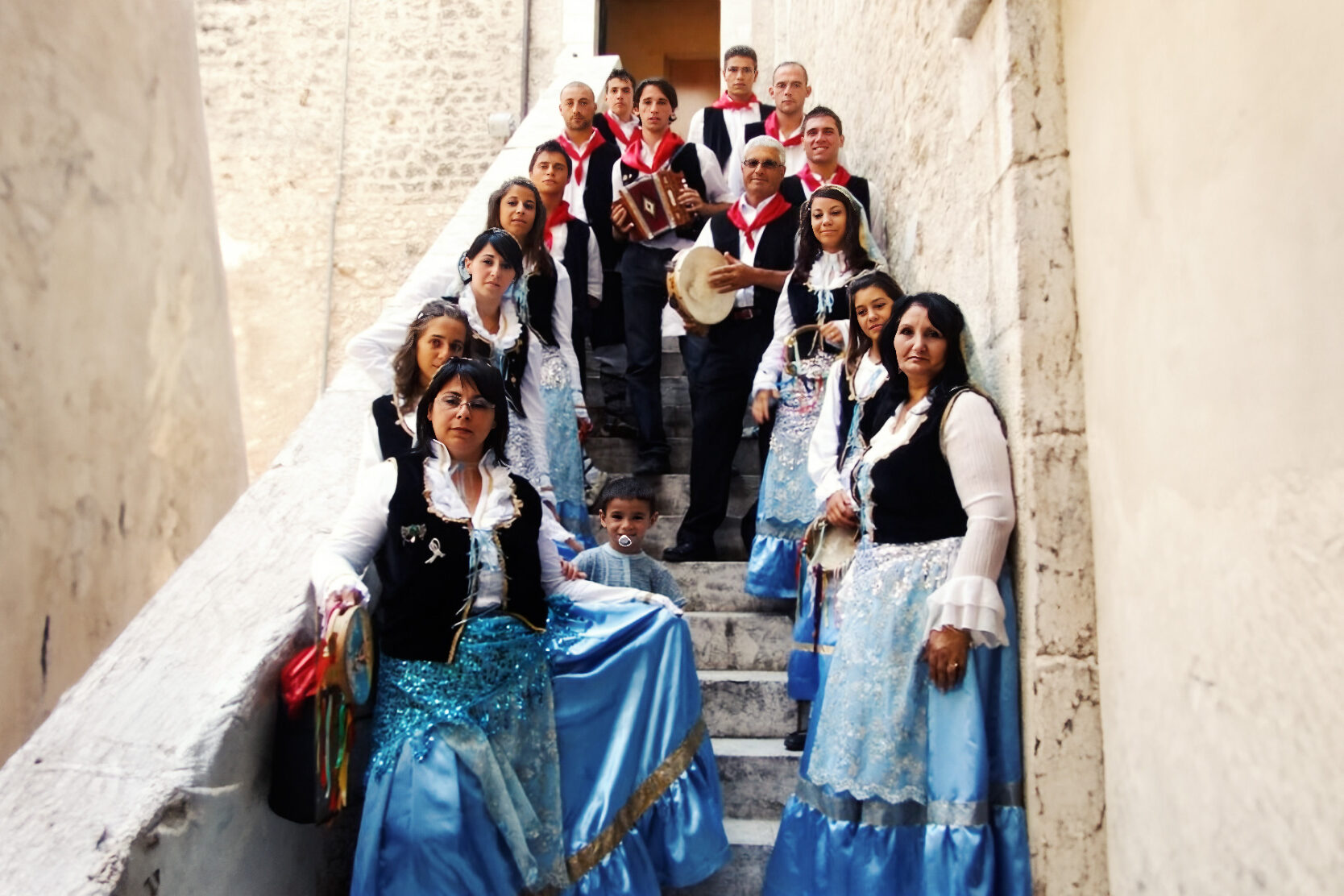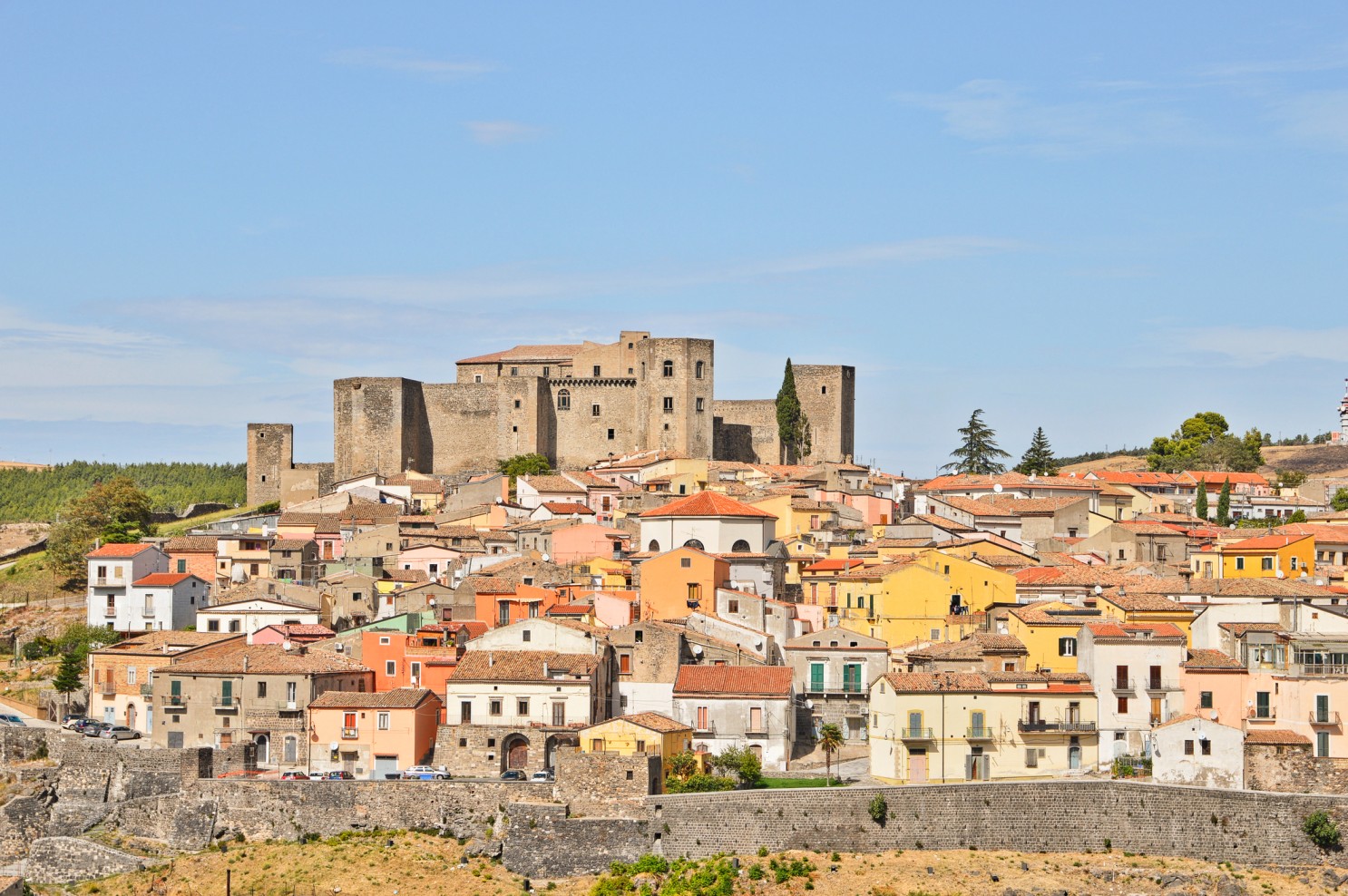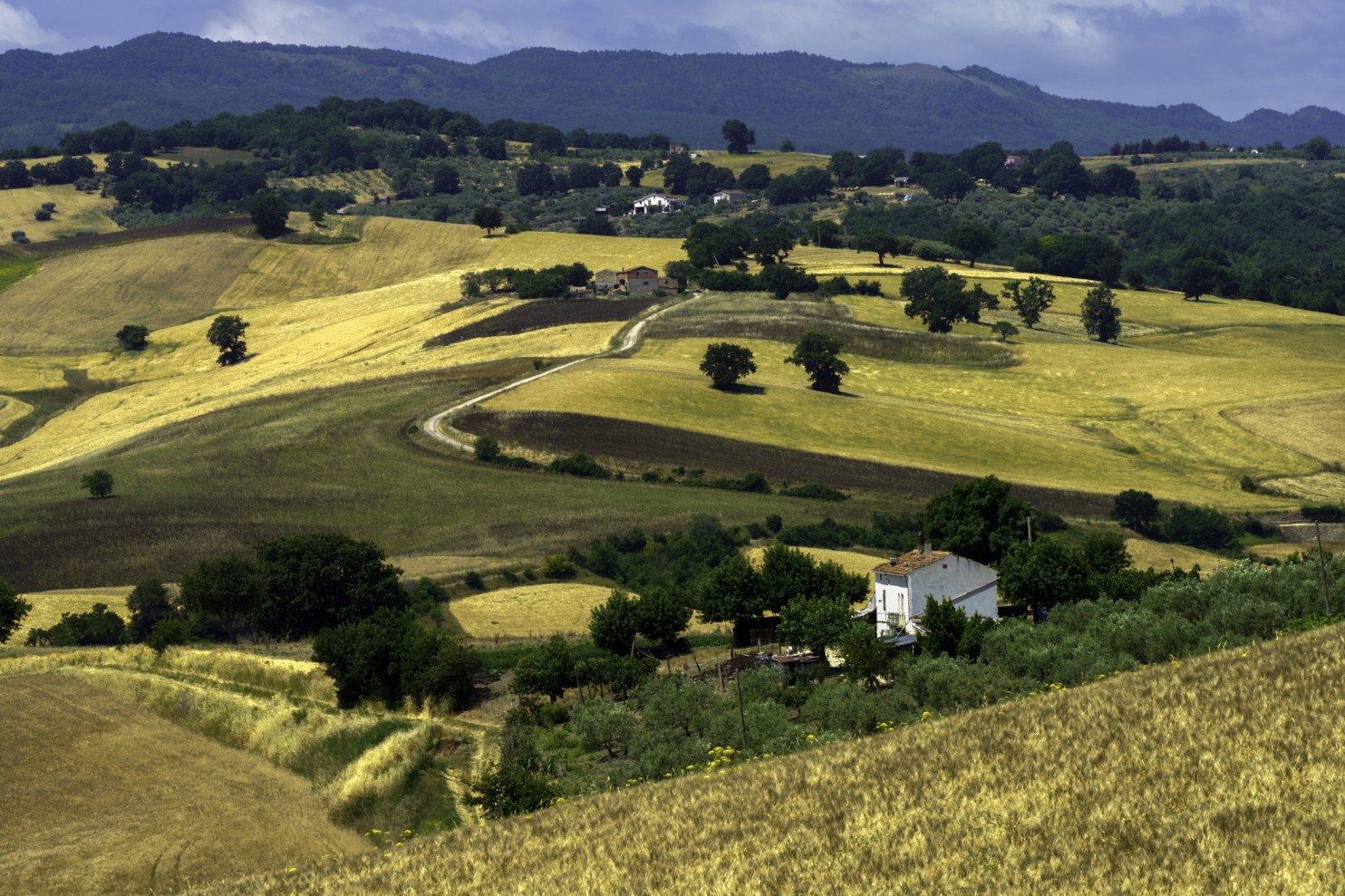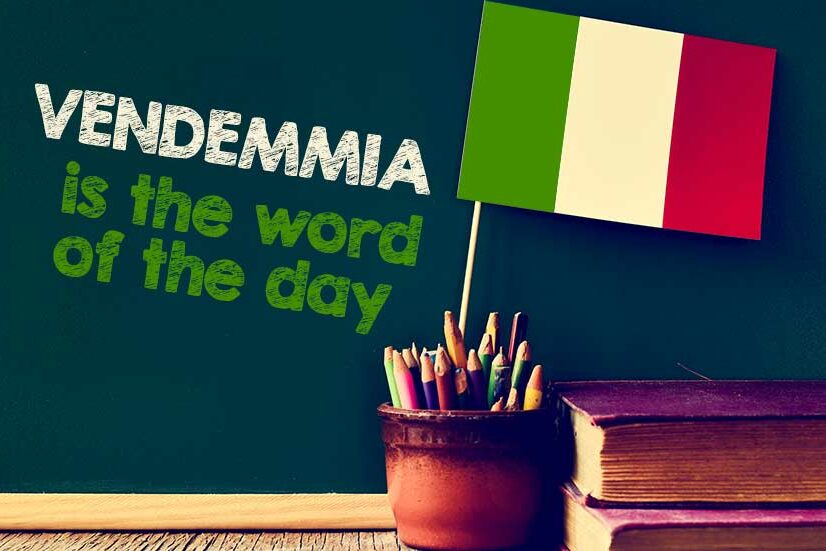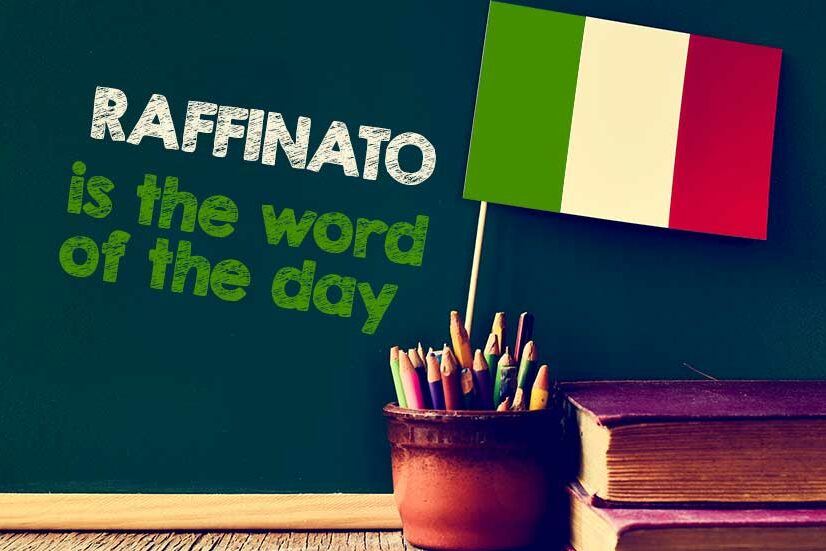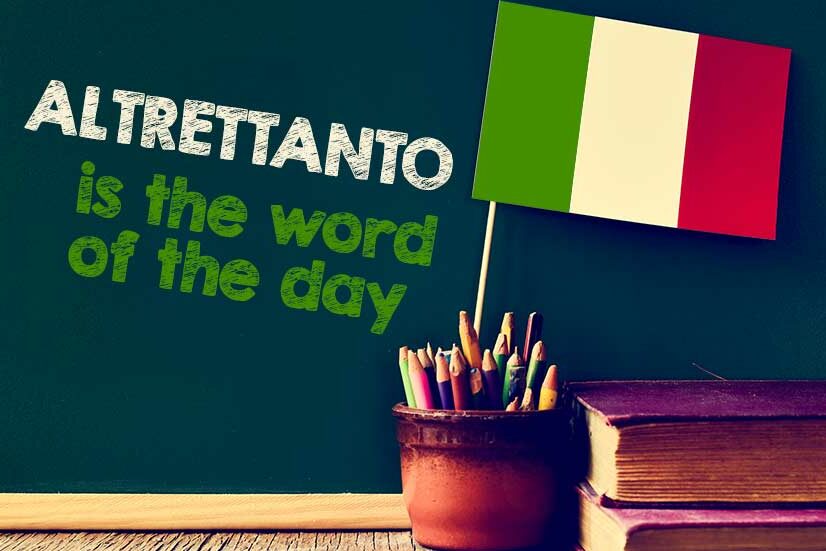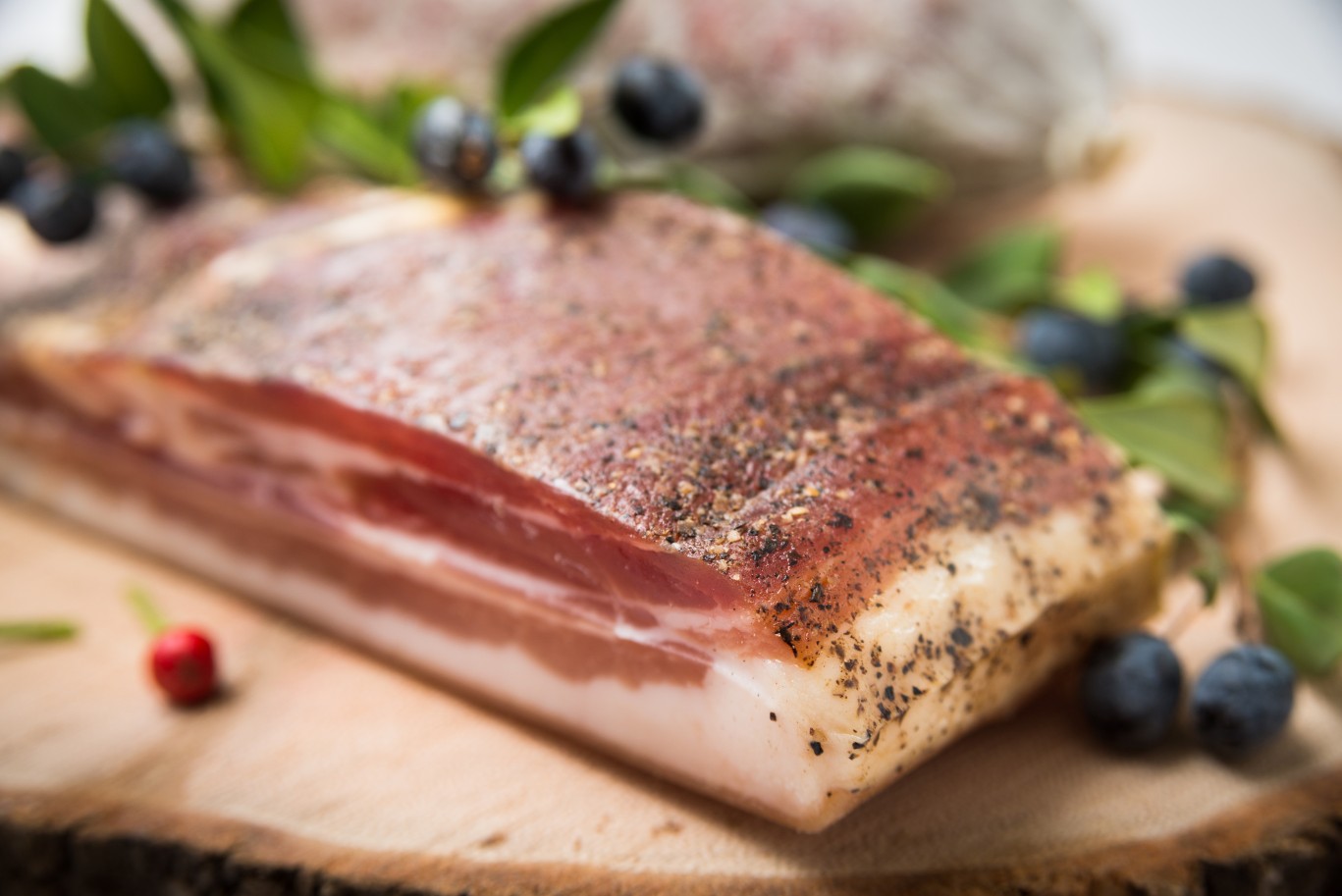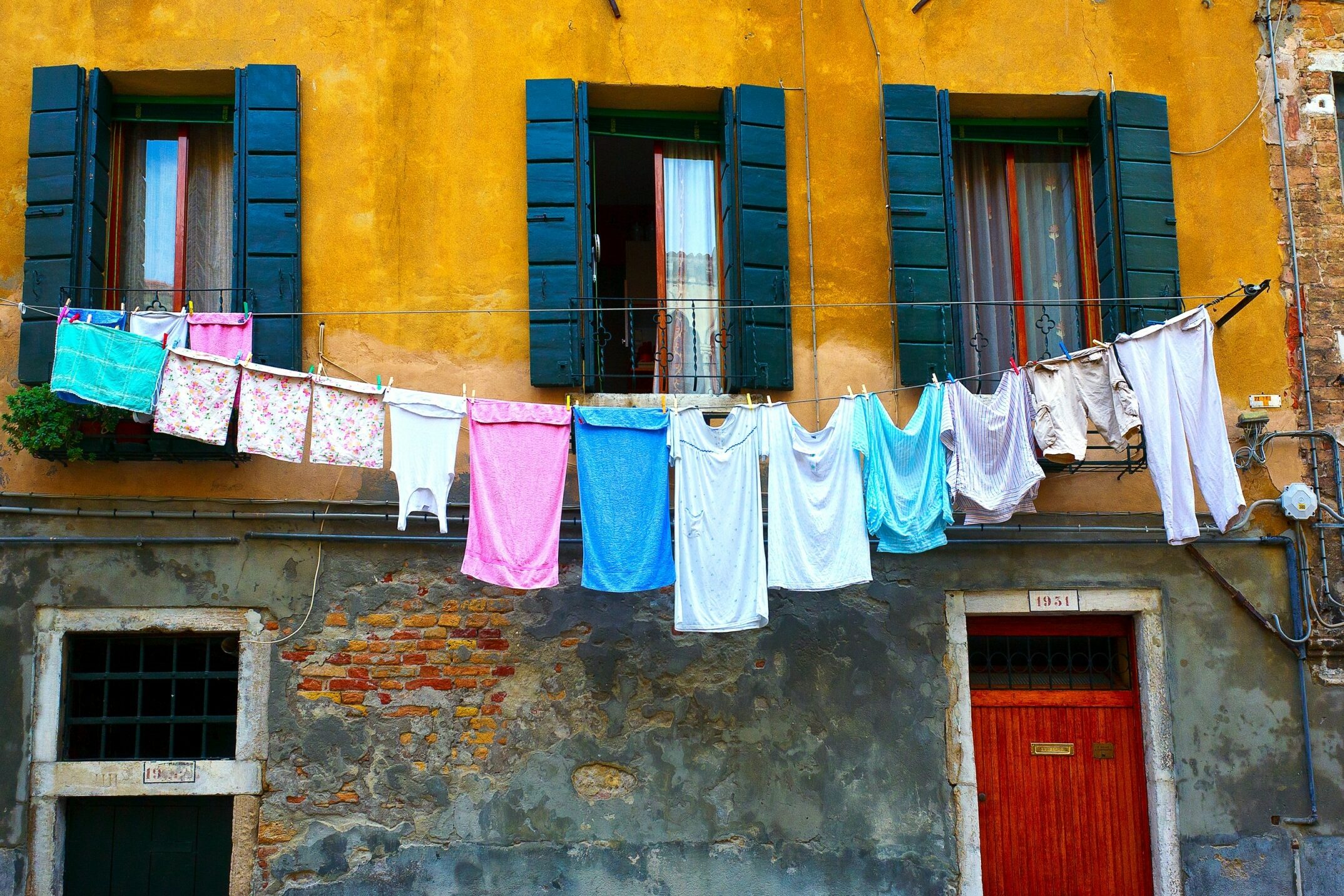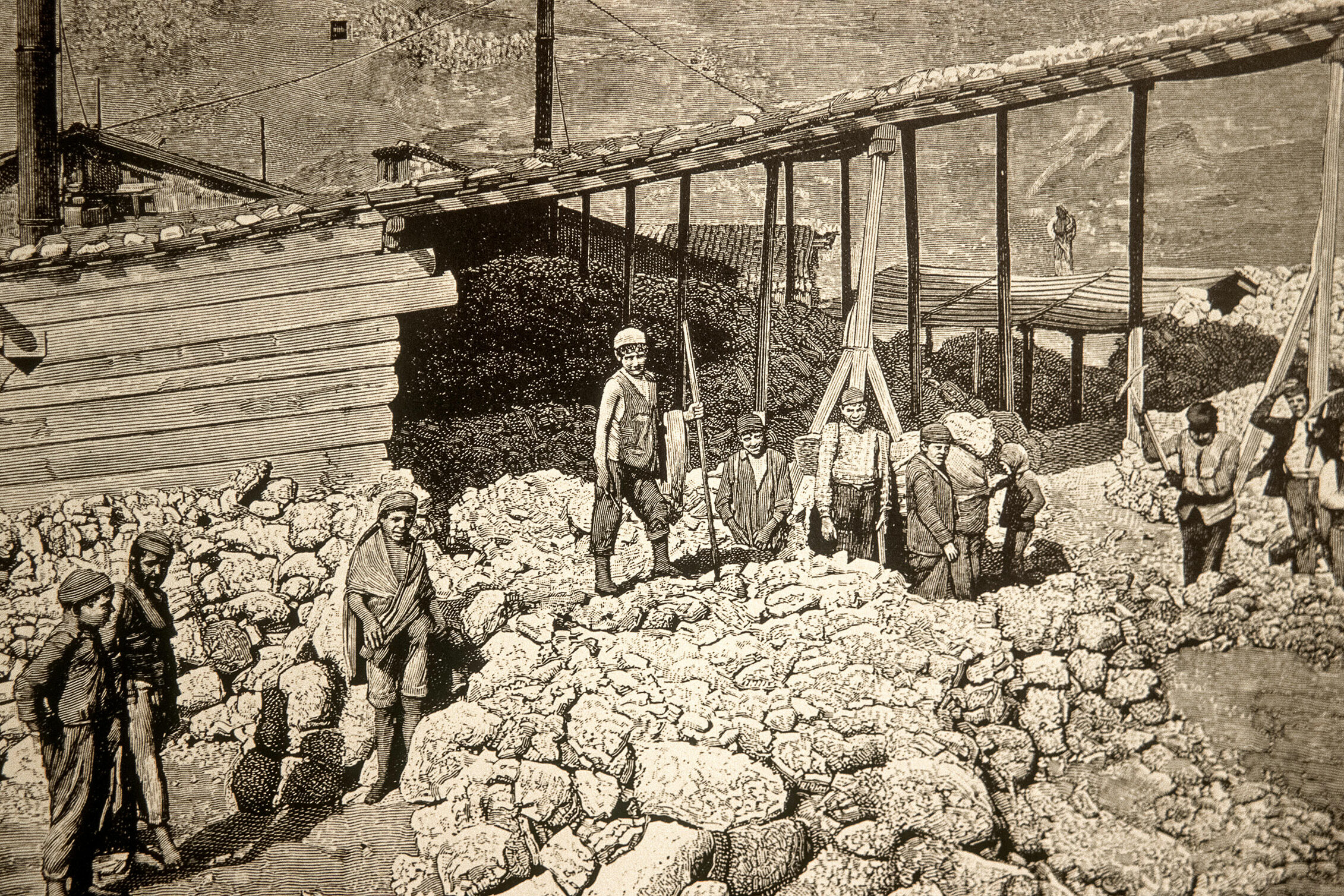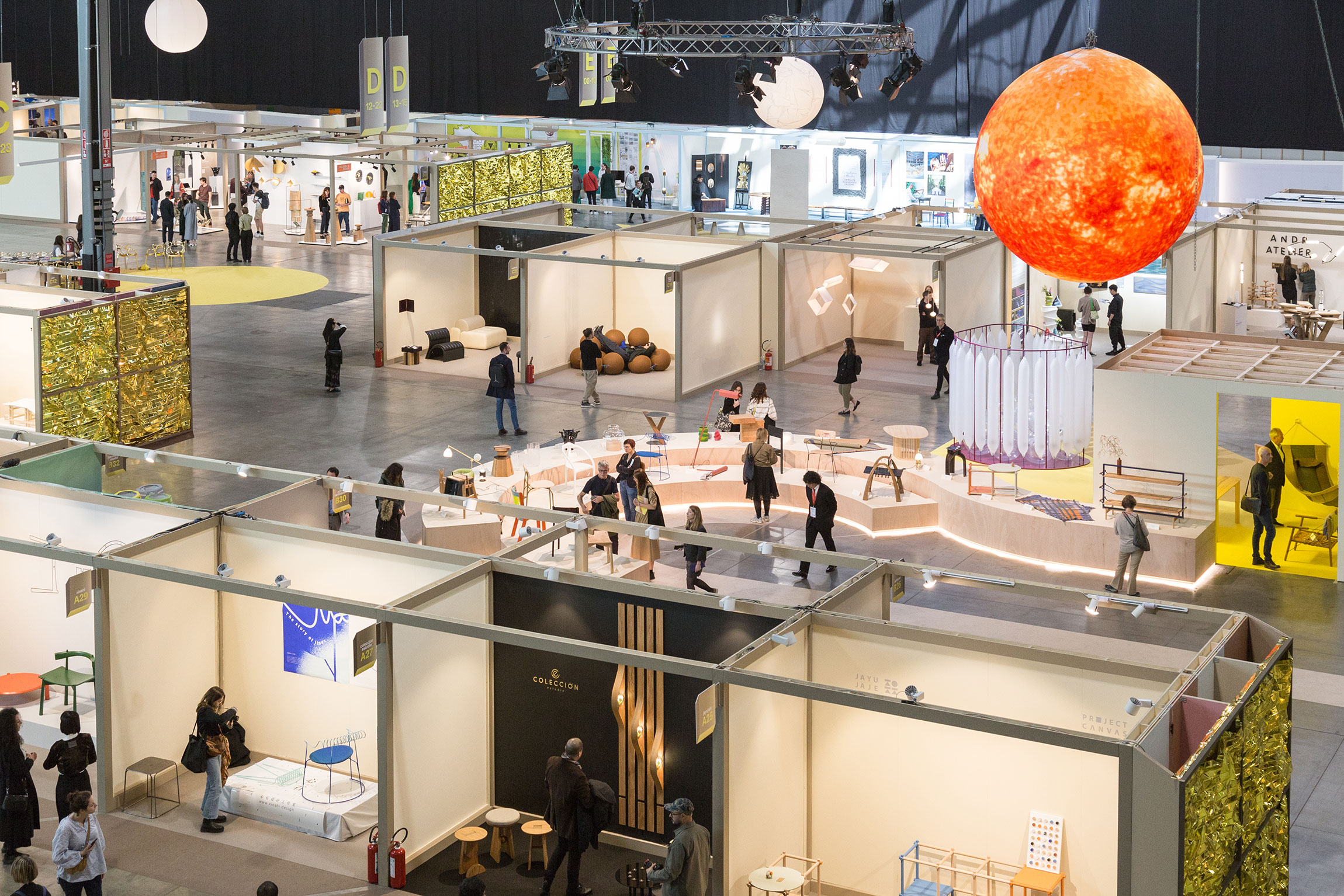My first night at the Castello Verrazzano (yes, the bridge in New York is named after Captain Verrazzano) in Greve leaves me refreshed and eager to explore the new surroundings. I hike up the half mile to the castle from my farmhouse lodgings and eat an early breakfast of artisan cheese and rustic bread washed down with a rich brew of fresh coffee. My fellow lodgers and I share our plans for the day, from winery tours to B&B shopping. Gazing off the deck high above the valley, rows of vineyards swell gently over the landscape. Every row is straight and precise. Another castle sits like a crown jewel on the next tall hill a short distance away.
Back at my car, I head south through Greve on Via Chiantigana. This route cuts through the middle of the famously picturesque Chianti Classico wine zone. With no itinerary, I lean back and absorb the fresh green ambience. No radio, just me and Chianti. Only 20 minutes down the winding road I come upon the town of Panzano. The brickwork framed with bright flowers and towering church on the main square entice me to stop and take a look around. Following are some of the highlights of my village stroll.

Someone with an obviously incredible green thumb lives here. The clay pots on the steps and across the wall sprout colorful flowers which add a rich texture to a stately entryway.
Churches in Italy fascinate me. Santa Maria Assunta adorns the piazza with old world charm. However, unlike many churches in Italy, this one is not very old. It was constructed between 1890 and 1903.
The village streets bring out the shopper in me. To the right are rows of shirts with a cartoon wild boar on the front. Of course, I have to buy one. Chianti has its share of wild boar, called cinghiale, and they are hunted for their tasty meat that often accompanies a pasta sauce or hearty stew.

Intrigued by a green door outside an old medieval aristocratic residence, I enter into this wine cellar run by three entrepreneurs. Although I did not eat here, the food is traditional Tuscan with a modern twist. I was taken by the rustic atmosphere with a stone terrace that offers both indoor and outdoor dining.
I stop here for a cappuccino at II Vinaio, an enoteca and bar. Covered completely overhead with a thick green canopy of leaves, the lively chatter of people below entice me to linger. Afterwards, I find some stairs straight ahead that lead down to the lower part of town. oor old Mr. Boar has been reduced to only a head. Yet he symbolizes an important landmark for tourists. Inside, the famously winsome owner Stefano will let you try some of Chianti’s most remarkable wines. He also offers samples of local honey, balsamic vinegar and olive oil.

Shallow doorways in rustic brickwork are around almost every corner. Small and pristine, village life in Chianti is the perfect week away for anyone seeking impeccable streets, medieval ambience, tasty authentic Tuscan cuisine and panoramic vistas.
